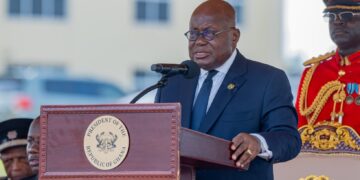This week’s depreciation of the Ghana cedi could be caused by persistent dollar demand from local businesses, especially those in the energy, pharmaceutical, trading, and manufacturing sectors, as the Bank of Ghana gets ready to auction $120 million to Bulk Oil Distribution Companies (BDCs) in the second quarter of 2024.
The cedi has lost almost 10% of its value since the year began with the US dollar, and if the factors influencing dollar demand don’t change, this trend should continue.
Ghana is experiencing several economic difficulties, including erratic electricity supplies, intermittent internet outages, and a declining national currency. The West African nation’s economic issue, which intensified in 2022, is still something that they are unable to resolve.
Key economic indicators are expected to be revived and the impact on average Ghanaians is likely to diminish with a $3 billion IMF bailout package. An encouraging result has been seen in inflation, which has decreased from a 2022 top of 54% to 23.5%, over a year after the first phase of the IMF program was implemented.
Important metrics like the unemployment rate and exchange rate have not produced the desired results, except for inflation. One of the main solutions Ghana’s authorities sought when it approached the Fund for a bailout after being expelled from the international capital market was an intervention to dispel the doubts surrounding its currency, which had lost more than thirty percent of its value to major trading currencies such as the US dollar.
Accra appears to be going back to its 2022 level, when the cedi was no match for the US “greenback,” after approximately $2bn in funding from the IMF, World Bank, and AfDB combined. According to projections on the depreciation story, the recent visit by the IMF Managing Director should facilitate faster debt restructuring negotiations between Ghana and its commercial creditors.
Due to gaps in supply and demand, Ghana’s main source of foreign cash, cocoa, is in limited supply as it fails to meet its intended output. According to recent data from the Bank of Ghana, Ghana’s earnings from cocoa exports decreased in the first two months of 2024 as compared to the same period the previous year. Even with the price increase, during the first two months, cocoa exports fell from $711.5 million to $508.4 million, resulting in an almost 29% decline in foreign exchange revenues from sales of cocoa beans.
Since cocoa exports do not meet the needs of the “forex earning party,” Ghana’s successful completion of its second IMF program review represents the most practical course of action. This accomplishment could enable the Fund to release some $360 million in foreign exchange in addition to other anticipated payments from the World Bank and the African Development Bank. Nevertheless, the fulfilment of a debt restructuring arrangement with commercial creditors is a prerequisite for these payments.
Ghana anticipates receiving around $700 million in total in 2024 from organizations such as the World Bank, AfDB, and IMF. It is anticipated that this amount may prevent further depletion of the country’s overseas reserves, which are now insufficient to cover less than two months’ worth of imports.
In the short term, the Ghanaian government is working hard to conclude restructuring negotiations with its commercial creditors, such as Eurobonds, to get the necessary funding guarantees for the IMF third tranche, which is anticipated to be deposited into the Bank of Ghana’s account by May 2024. For the time being, the World Bank’s $300 million budget support appears to be the most direct source of funding to prevent the cedi from depreciating further.














